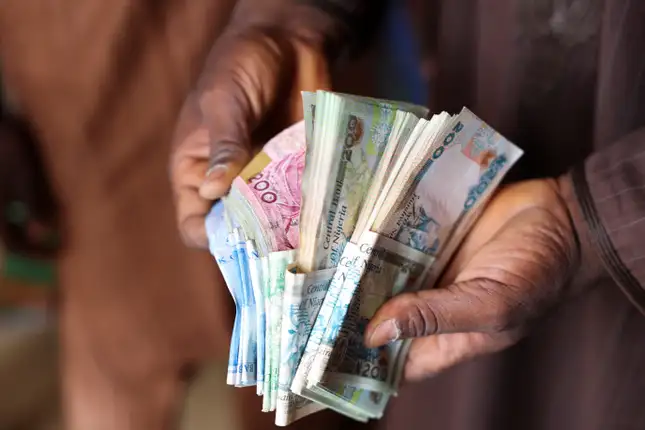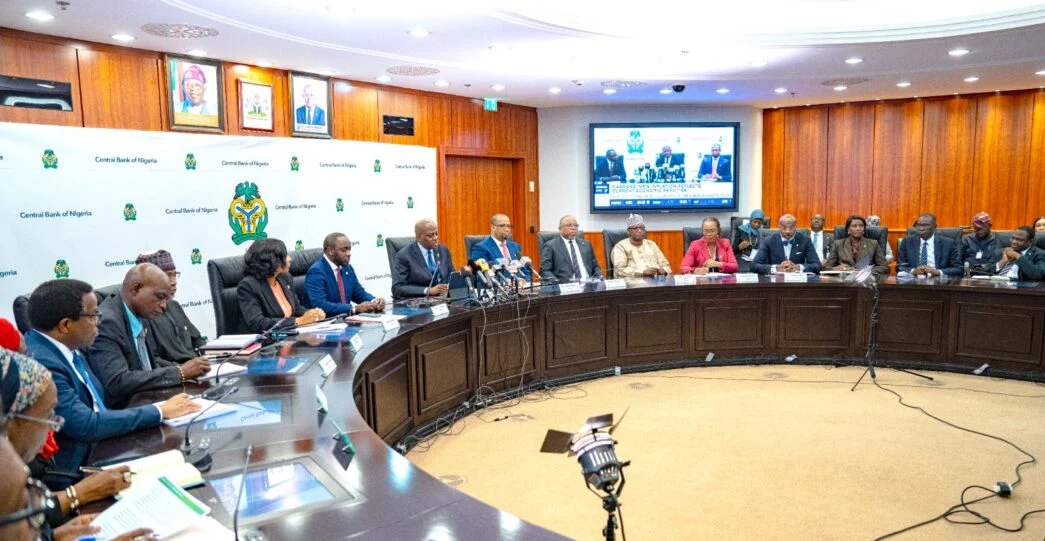The Nigerian naira suffered a significant decline on Tuesday, dropping by 5.8% to N1,658.48 against the US dollar on the official foreign exchange market.
This depreciation follows the Central Bank of Nigeria’s (CBN) decision to raise interest rates for the fifth consecutive time this year.
According to data from FMDQ Securities Exchange Limited, the naira’s value plummeted from N1,562.66 on Monday to N1,658.48 on Tuesday at the Nigerian Autonomous Foreign Exchange Market (NAFEM).
The market also saw a 66% increase in dollar availability, with $166.36 million exchanged on Tuesday.
In the parallel market, the naira slipped to N1,675, losing N12 from its previous value. This drop reflects the ongoing challenges the naira faces amid broader economic pressures.
The CBN’s Monetary Policy Committee (MPC) raised the Monetary Policy Rate (MPR) by 50 basis points to 27.25%, aiming to curb inflation and stabilize the naira.
Analysts note that since the previous MPC meeting in July, the naira had appreciated marginally by 1.5% before Tuesday’s sudden depreciation.
The exchange rate volatility was attributed to factors such as the relationship between Federal Account Allocation Committee (FAAC) disbursements and liquidity levels in the banking system, according to CBN Governor Olayemi Cardoso.
He also highlighted the rapid expansion of the money supply, driven partly by the CBN’s “Ways and Means” lending to the government, as a key factor driving inflation and currency instability.
Economic experts warn that the naira’s depreciation may persist due to ongoing economic pressures and the complex dynamics in the foreign exchange market.























Leave a comment